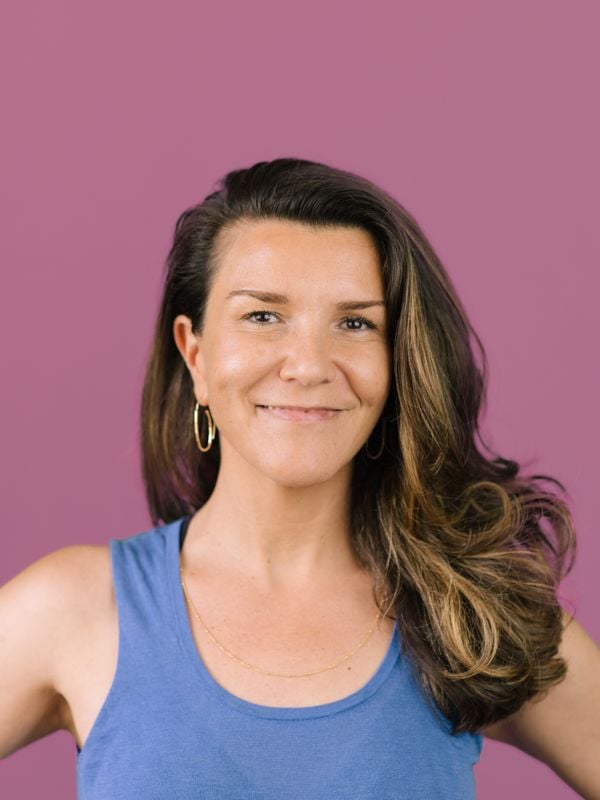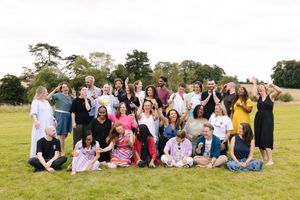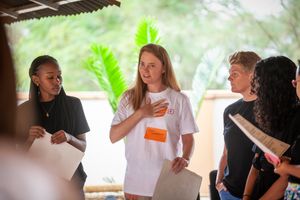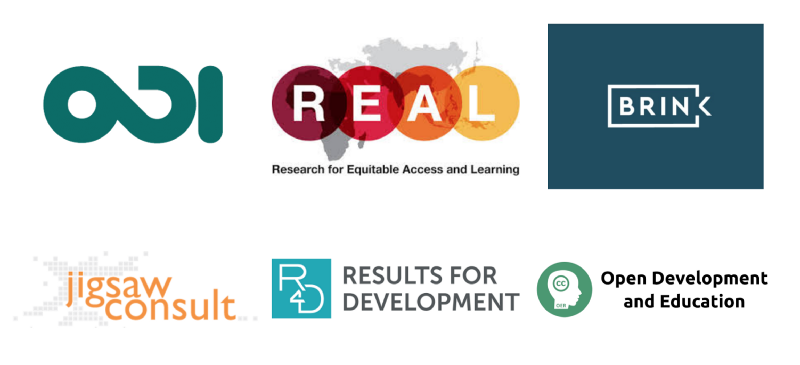
2088. That’s the year — predicted by the Global Education Monitoring Report 2015, under business-as-usual — by which we achieve universal primary education for all girls, including those who are marginalised or otherwise disadvantaged. Twenty eighty-eight.
If that makes one thing clear, it’s that business-as-usual is unacceptable.
The Global EdTech Hub, funded by DFID, has been appointed to explore how we might use technology to counter this trend, through:
- Gold standard research. The lack of existing robust and rigorous research makes it difficult to confidently invest in education technology at scale.
- Innovation. Working directly in schools, testing EdTech in situ and developing new approaches to generate evidence and unlock scale… fast.
- Support for governments to effectively deploy EdTech. We know that governments want to leverage the power of EdTech and make sure technologies aren’t just ‘parachuted in’ or led entirely by suppliers, as is often the case. The Hub will support governments with direct technical assistance, long term capacity building, and knowledge exchange.
- Global Leadership. The Hub will act as a platform for knowledge sharing across the sector, learning and working ‘out loud’. It will showcase the new tools and evidence we generate to amplify our learning and impact.
The result will be the largest global body of research that looks at how education technology is being used and how this can be improved across the developing world.
As Innovation Director, this is the first of many posts I’ll be writing in the coming months and years about how we tackle this urgent challenge. There’s already a lot to say, but for now, if you’re reading this and work in tech, edtech, education, development, innovation or research communities and you take few things from this post, please take this:
You’re invited: we know the only way we can get this work done is through leveraging the collective brilliance of everyone who knows and cares about this topic. We have defined an approach that makes room for our global cooperation and collaboration, not because it’s a nice thing to do, but because we believe it’s the only way to make an impact at scale — and scale that impact. We’ll be sharing regular updates about how you can get involved and look forward to meeting and working with you.
We will be pioneering new and improved tools and approaches: the case against business-as-usual is clear and we believe that means we will need new tools, approaches and ways of looking at this challenge if we’re going to bend the curve of progress. To do that, we’re going to look in non-obvious places, work with non-obvious collaborators. Our approach must undo the orthodoxies that shackle education to the starting block.
We will be learning out loud: these imperatives to test and learn from new approaches and to work together, demand that we share our work, insights and endeavours as we go. Our ambition is to move quickly and lightly, in the open, sharing all the while. Our channels and ways to access this will grow in time, but for the time being, please find us using #edtechhub or visit www.edtechhub.org
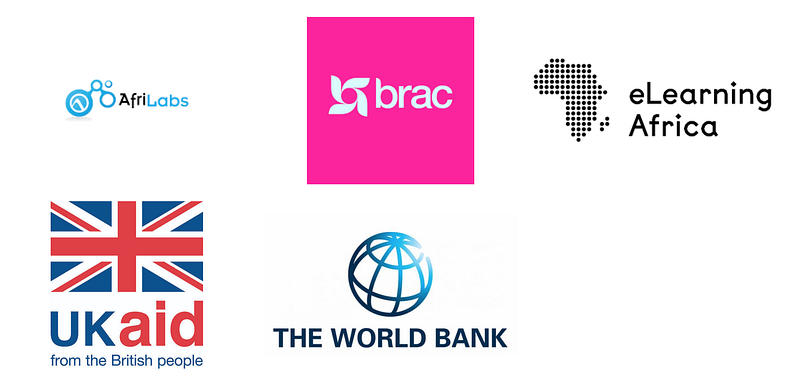
This is day zero of 8 years and it’s already taken a lot of collaboration, learning and adapting to get to this point. For now, on behalf of Brink I would like to thank our partners ODI, University of Cambridge, R4D and Jigsaw for their tremendous thought, effort and insights so far. Big thanks also to Afrilabs, BRAC, Tamara Giltsoff, Ann Mei Chang and Dilip Soman for agreeing to join us on this quite exceptional ride.
Finally, thanks to DFID and their partners at The World Bank for having such audacious ambitions for what this could become, and for giving us a chance to make it happen. It is a privilege and honour to do this work. Now, let’s get started.
